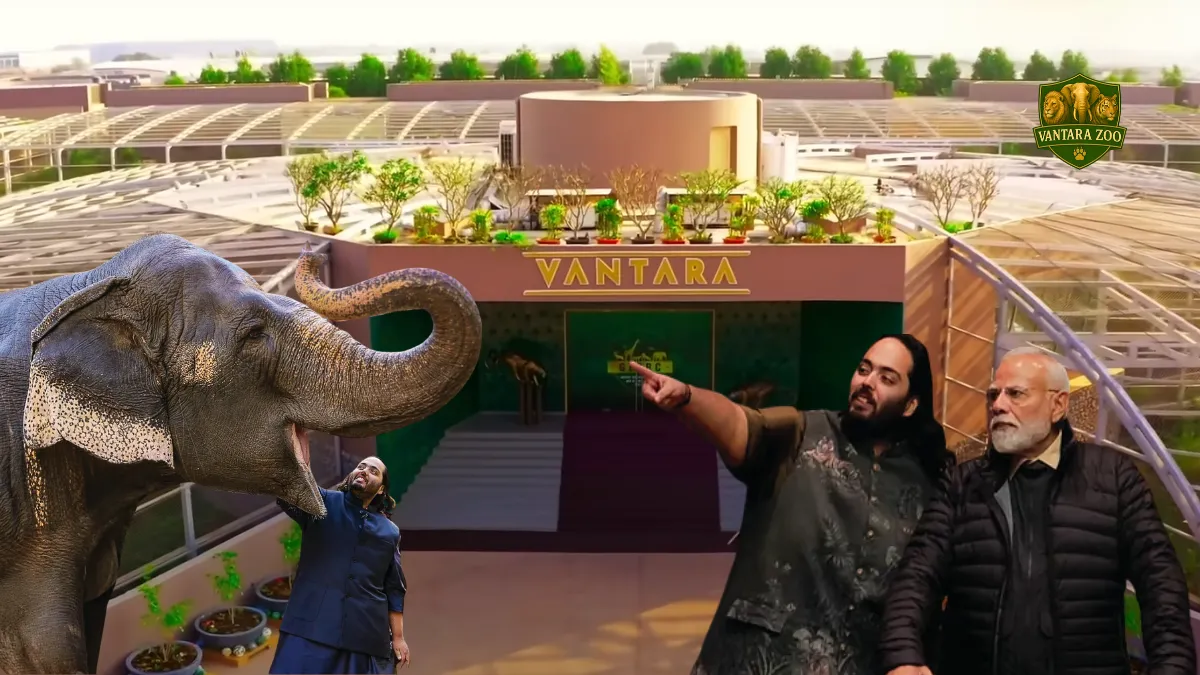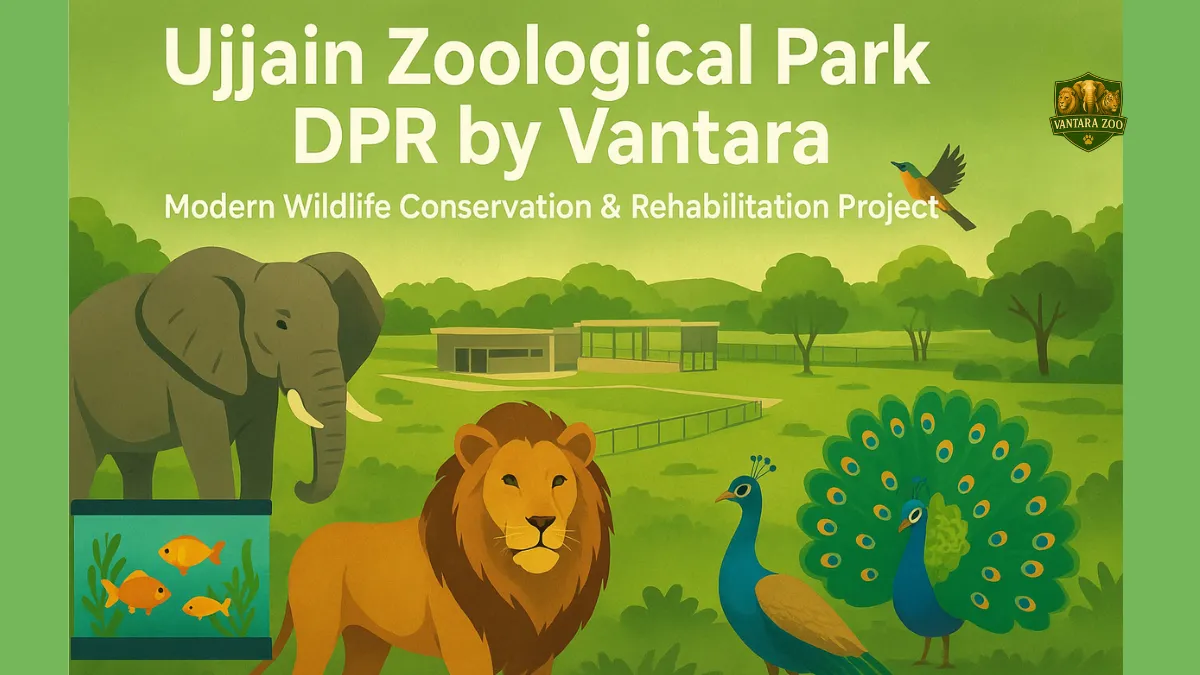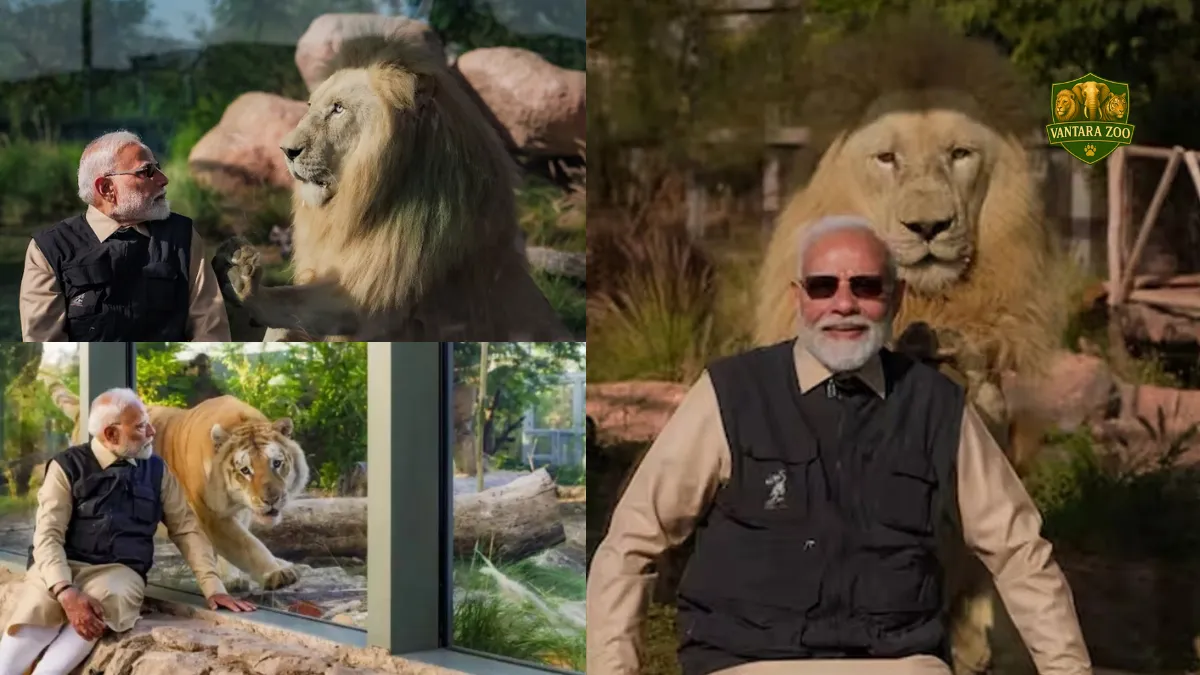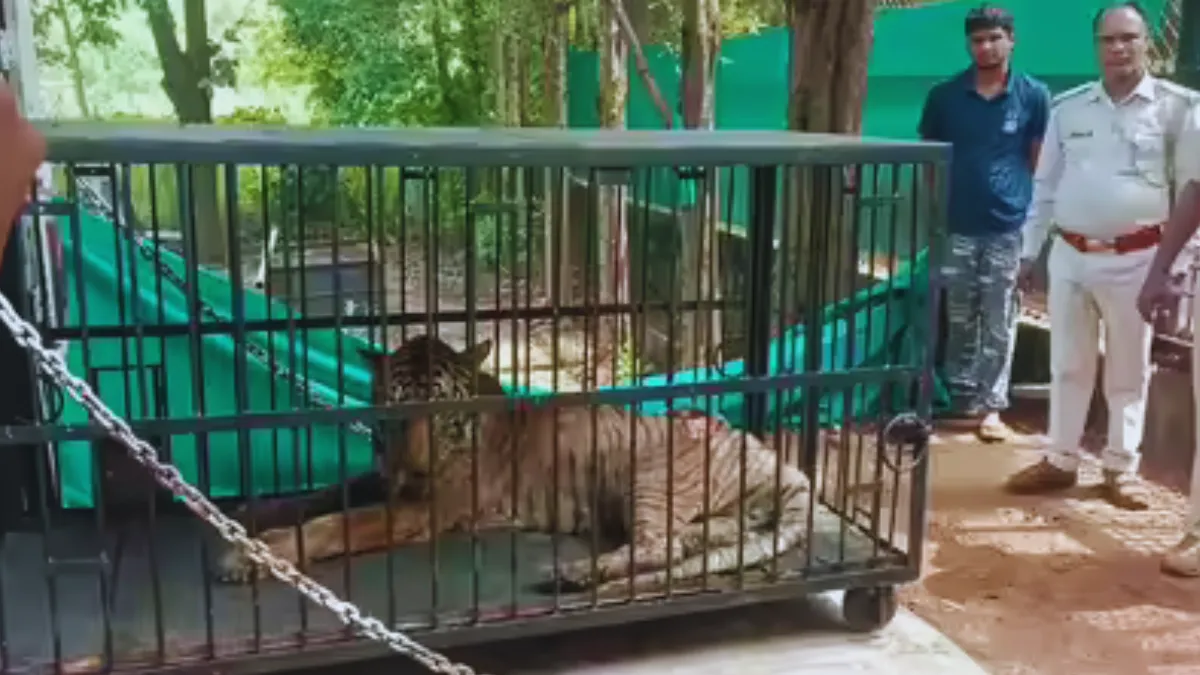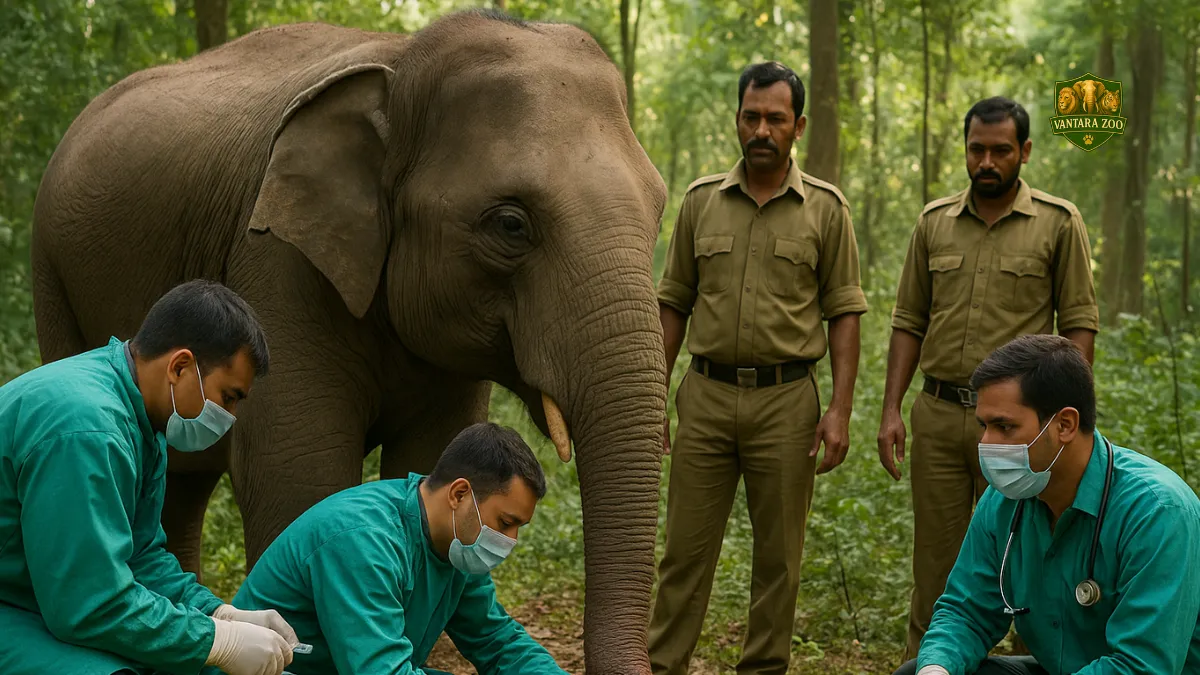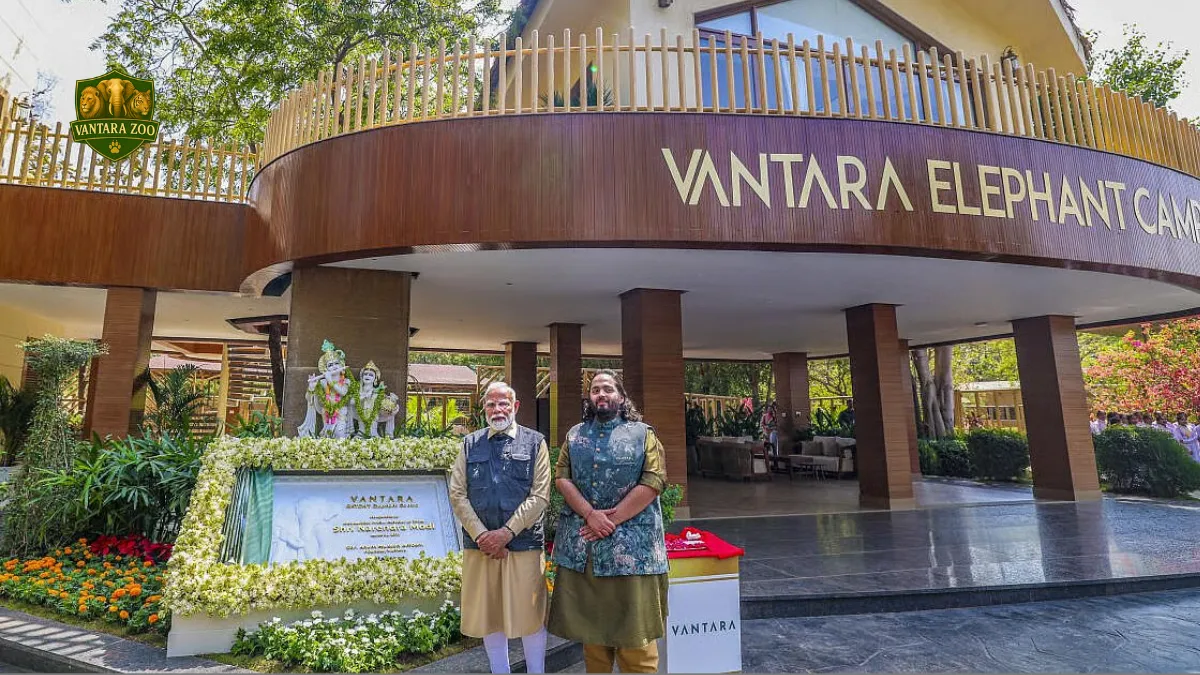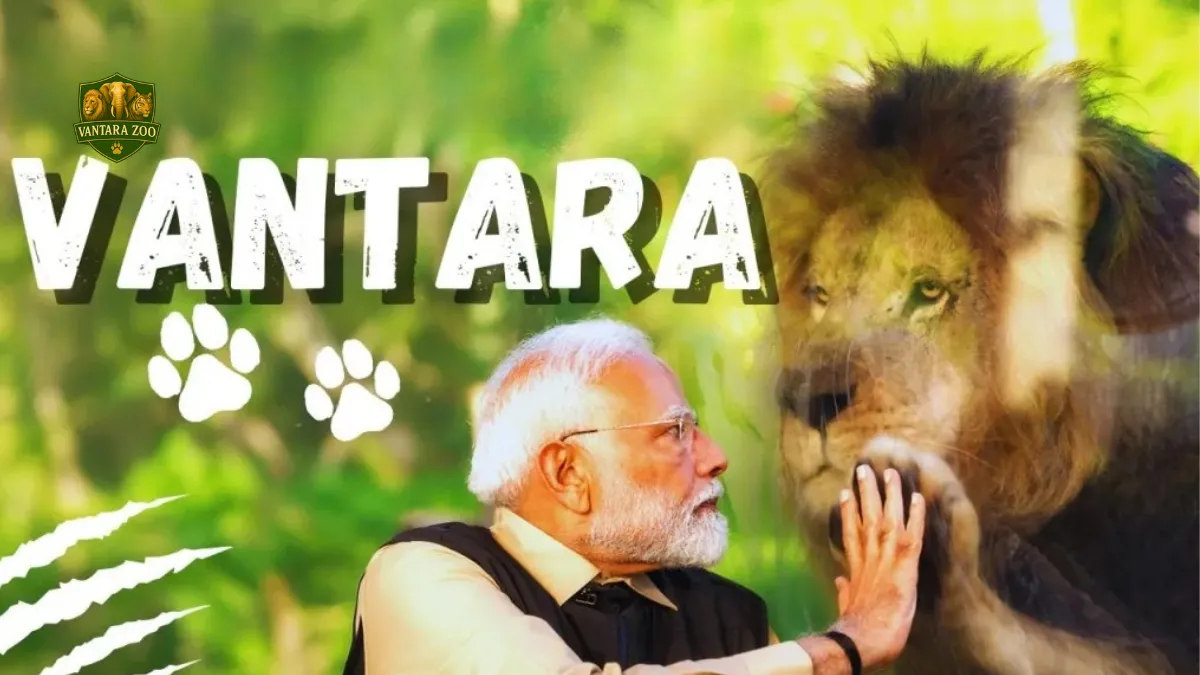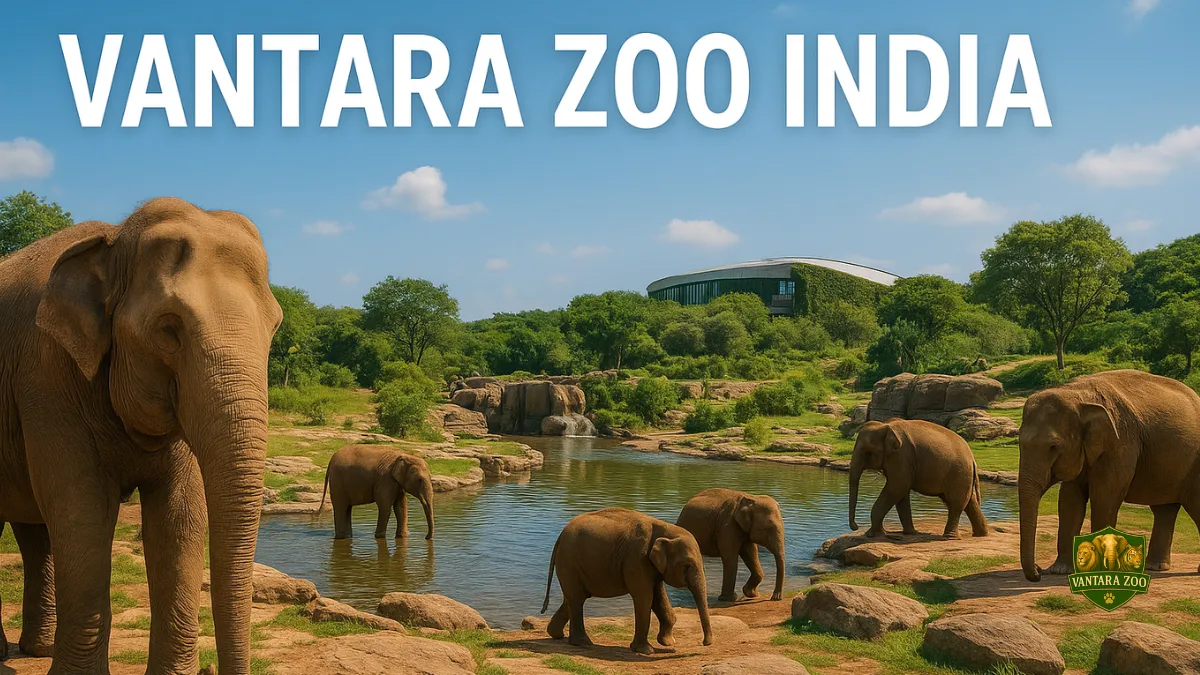Supreme Court acquits Vantara: In a major relief for the Reliance Foundation’s Greens Zoological Rescue and Rehabilitation Centre in Jamnagar, Gujarat, the Supreme Court on Monday, 15th September, cleared the facility of all allegations regarding irregularities in the acquisition of animals, including elephants.
A bench comprising Justice Pankaj Mithal and Justice P. B. Varale declared that the Special Investigation Team (SIT), which had been constituted earlier to look into the case, found no foul play. The judges confirmed that the acquisition of animals was carried out in full compliance with Indian and international regulations.
SIT Report Confirms Regulatory Compliance
The matter came up after media reports and petitions questioned whether Vantara, operated by Reliance Foundation, had violated wildlife laws and international conventions while acquiring animals. Responding to these concerns, the apex court set up a Special Investigation Team (SIT) led by former Supreme Court judge Justice J. Chelameswar, along with former Chief Justice of Uttarakhand and Telangana High Court Justice Raghavendra Chauhan, former Mumbai Police Commissioner Hemant Nagrale, and senior customs officer Anish Gupta.
The SIT conducted an in-depth probe and submitted its findings to the court on 12th September. According to Justice Mithal, the SIT concluded that “the acquisition of animals has been carried out in regulatory compliance,” adding that there was no evidence of wrongdoing.
Solicitor General Tushar Mehta, senior advocate Harish Salve (appearing for Vantara), and the petitioner’s lawyer were present during the hearing. Both Mehta and Salve requested the court not to make the SIT report public, citing confidentiality over how the animals are cared for and concerns about further speculation in the media.
Court Rejects Speculation, Backs Independent Review
Justice Mithal firmly dismissed the need for ongoing doubts, stating that once an independent expert committee has reviewed the issue, its findings must be respected. “We are satisfied with the report of the committee. They have consulted experts, checked every detail, and submitted a comprehensive review. We will go by that, and authorities remain free to act on its recommendations,” he observed.
The court also refused to allow repeated challenges on the same issue, saying it would not permit anyone to raise questions again and again once an independent inquiry had already confirmed compliance.
Allegations Called “Unnecessary”
The bench also emphasized that allegations should not be used to create unnecessary controversy around projects that contribute positively to the country. “There are certain things that are the pride of this nation. We should not rake up matters unnecessarily. If the acquisition of an elephant is in accordance with the law, what is the difficulty?” Justice Mithal asked.
He further noted that elephants are widely used in temples and festivals such as Dussehra, and if those traditions are legally accepted, there should be no objection to their lawful acquisition by a recognized rehabilitation and rescue centre.
Background: Why Vantara Was Under the Scanner
The controversy around Vantara began earlier this year when reports surfaced that animals, particularly elephants, were being transferred to Jamnagar without following the Wild Life (Protection) Act, 1972, and international conventions like CITES.
One high-profile case involved the elephant Mahadevi, transferred from a Kolhapur temple to Vantara in July. This transfer triggered petitions alleging that the process was unlawful. On 25th August 2025, the Supreme Court ordered the formation of the SIT to investigate the allegations thoroughly.
The petitions accused Vantara not only of wildlife law violations but also of misusing resources such as water and carbon credits. Allegations of wildlife smuggling and financial irregularities were also included. However, the court had earlier noted that most of these claims were based on media reports and lacked concrete evidence. Still, it directed a fact-finding inquiry in the public interest.
Vantara, on its part, had welcomed the investigation and reiterated its mission of animal rescue, rehabilitation, and care. The centre stressed that speculation and misinformation should not undermine its work.
SIT Investigation Brings Closure
After weeks of inquiry, the SIT concluded that there was no violation of Indian or international wildlife laws. The team also examined how the animals were housed, cared for, and managed at Vantara, confirming adherence to high welfare standards.
The Supreme Court bench praised the SIT for its prompt work and even suggested that its members be given an honorarium for their service. Justice Mithal made it clear that the matter would be closed after the order was passed in chambers, effectively putting an end to the controversy.
Table: Key Facts About the Vantara Case
| Detail | Information |
|---|---|
| Case | Allegations of irregular animal acquisition by Vantara |
| Facility | Greens Zoological Rescue and Rehabilitation Centre, Jamnagar (Reliance Foundation) |
| Date of SC Ruling | 15th September 2025 |
| Bench | Justice Pankaj Mithal, Justice P. B. Varale |
| SIT Head | Former SC Judge Justice J. Chelameswar |
| Key Findings | All acquisitions, including elephants, followed rules and regulations |
| Court’s Observation | “No foul play, complied with all rules” |
| Final Outcome | Supreme Court acquits Vantara, closes the matter |
Also read:Is Vantara a Zoo? Facts About India’s Largest Animal Rescue Center
A Landmark Judgment for Wildlife Rescue in India
With this judgment, the Supreme Court has effectively ended months of speculation around Vantara’s animal acquisition process. The facility, now officially cleared of all allegations, remains one of the largest animal rescue and rehabilitation centres in the world.
The ruling also sets a precedent for how wildlife facilities can be scrutinized while ensuring that genuine conservation efforts are not derailed by unfounded claims. By acquitting Vantara, the Supreme Court has underlined the importance of balancing transparency, regulatory compliance, and recognition of conservation projects that contribute to India’s global reputation.
